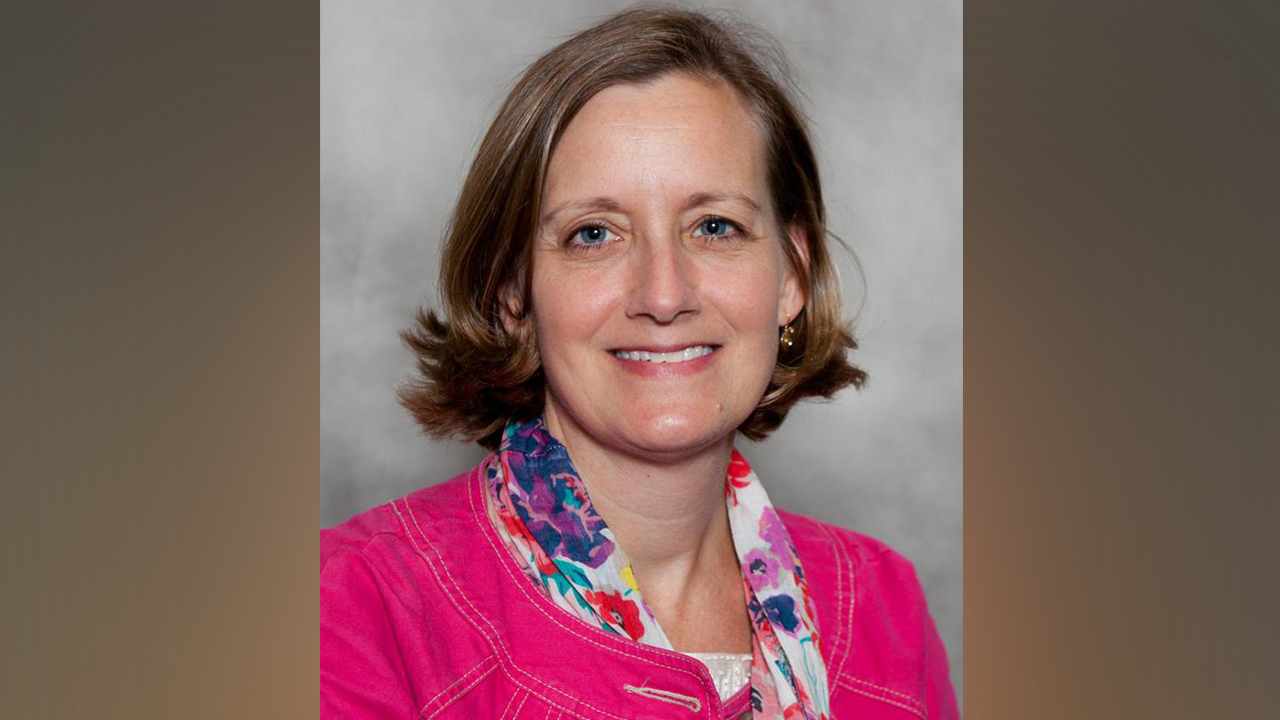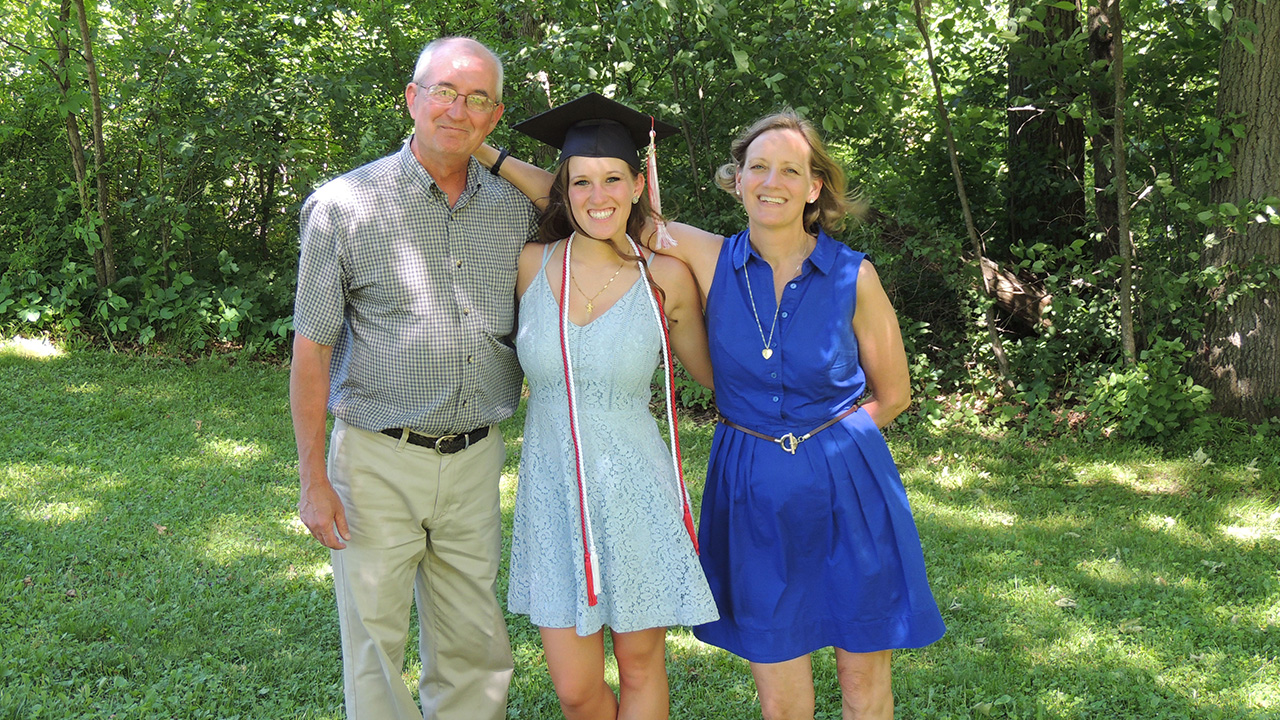Ever since Nancy Hammermeister began teaching at the University of Wisconsin-Platteville about 10 years ago, she always encouraged her students to be curious and to ask questions. One of the things she loves most about teaching is when students notice anything that seems odd. She believes it’s not always important to know the solution or to understand what is behind that anomaly – the first step is always to notice and ask.
Hammermeister, a lecturer of political science, mainly teaches introduction level, general education courses in American government. In addition, each fall, she looks forward to welcoming new students to campus by teaching the First Year Experience course. Hammermeister has also taught a few upper division courses, including American Political Parties and Interest Groups and Social Studies Teaching Methods for the School for Education.
What inspired you to pursue a career in teaching political science?
As an 18-year-old undergraduate, I had dreams of “saving the world.” At that time, I believed that diplomacy and world peace was the way to do that. While I didn’t quite meet that goal, I do love studying the influences that affect our government policies and those of other government leaders around the world. And, to be honest, a little part of me still believes that world peace is the way to save the world.
What are the rewards and challenges of teaching political science?
Every semester, I meet several students who tell me, “I don't really follow politics.” I hope that students leave my class realizing that active citizenship doesn’t mean they need to become news junkies. We are bombarded with 24/7 news, and that can seem overwhelming. I try to get students to digest at least small pieces of current events, as a starting point. The great reward is when one of those reluctant students tells me, “I thought I’d hate it, but that wasn’t so bad!”
I also love that general education courses attract students from all types of majors. Discussions really benefit by mixing the perspectives of future accountants, engineers, criminal justice professionals, pre-service teachers, scientists, mathematicians, historians, etc. I hope they see how the material in my course really does apply to all of their career paths.
How do you inspire your students to make a meaningful difference in the world? How has COVID-19 affected your plans?
This past fall, I started a new community service project with my First Year Experience students focused on suicide awareness. We started a plastic cap collection campaign, with the goal of collecting more than 200 pounds of plastic caps. It will take a while to collect the plastic we need – this past fall was just the start. Eventually, the plastic will be recycled and used to create a bench in memory of all Pioneers lost to suicide.
I plan to continue this project next fall and beyond. Not only is suicide awareness an important topic for young adults, but by doing something positive, my students can leave a lasting reminder of their work on campus.
Next fall, I was hoping to expand the collection efforts around campus. Given the current environment, we’ll have to wait to see if there are health concerns regarding recycling buckets.
What are three things you hope students take away from your classes?
Vote, Vote and Vote!
Seriously, I hope my students gain a sense of the immense power they have as citizens and learn to use their voices – and that means participating.
For those students who come into the class with a negative view – those who tell me, “I’m not good at history and social studies” or “I don't really like politics” – I hope those students leave knowing that college is about trying something new and finding ways to make even the “uninteresting” world of politics into something “interesting” that they can apply to their own lives.
Finally, although I am saddened that we seem to have lost respect for our elected leaders, I also don’t believe we should simply accept everything they say and do. I want my students to question – to notice inconsistencies. As I mentioned before, asking questions is always a good first step.
How do your courses help students become broader in perspective so they can contribute in a diverse global community?
I always say that Introduction to American Government is less about political science, and less about learning facts about the government, and more about encouraging students to become engaged and thoughtful citizens. Democracy really does depend on the efforts of the citizens.
I hope to instill in my students a pride in the United States and a sense of the immense responsibility we all have to make our country and our world the kind of place where we want to live. Being a patriotic American doesn’t mean we need to close our eyes to the rest of the world. It means we open our eyes and look for ways we can contribute.


